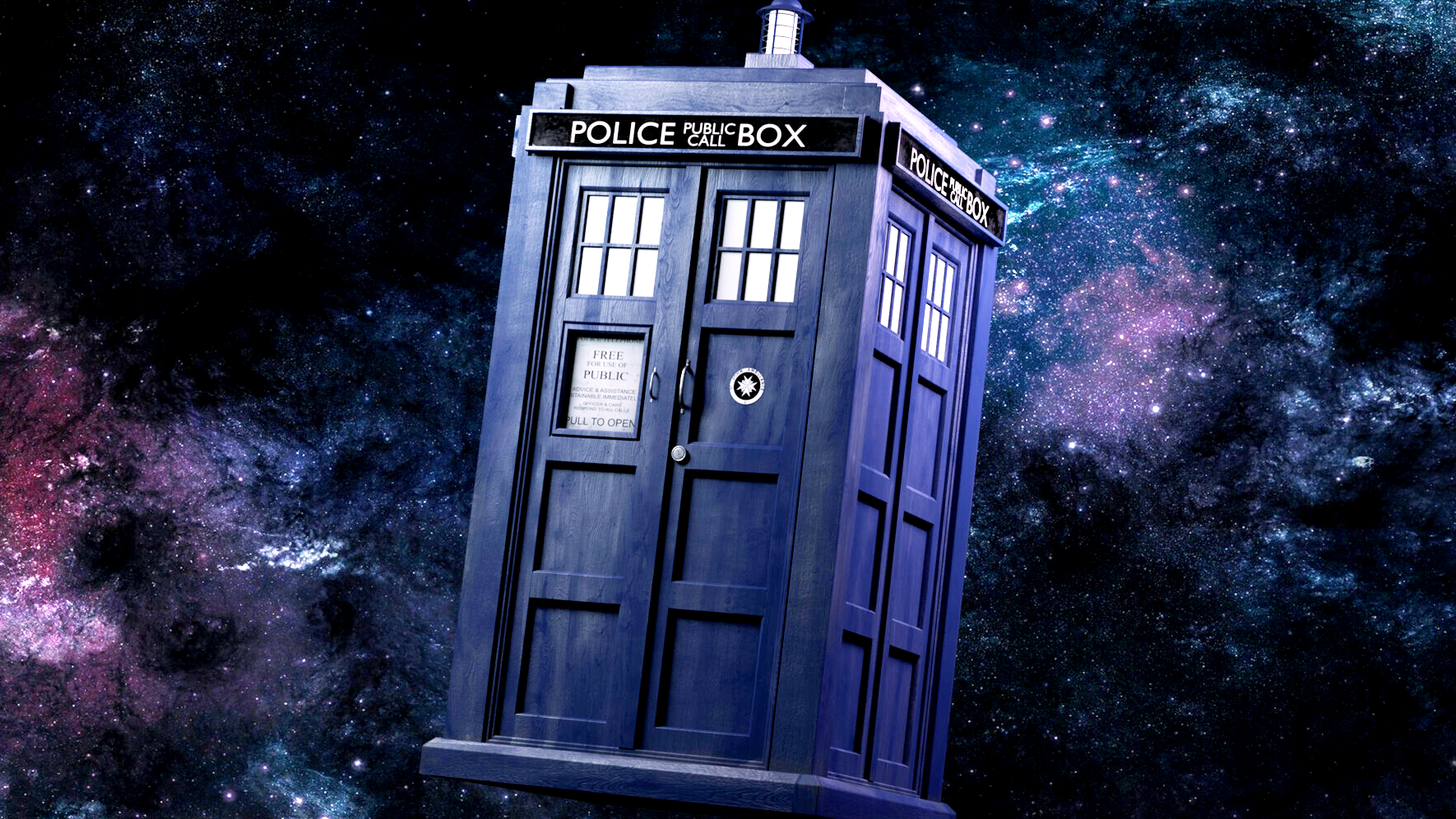There's no "other".
Other:
"Never; "physics" doesn't allow it." if and only if it allows it, we don't wipe ourselves out first, and our first contact with aliens is not an outcome-determined catastrophe (meaning no matter what we do in response).
Or we do but not as homo sapien: we develop tech for interstellar travel that involves basically launching us at another system with an insanely complex set of calculations tracking paths of every single thing over the time of the journey and their gravitational effect - LOL, like we can even see it all - and whatever maneuvering fuel we manage. We also need something like suspended animation and who knows what else. We get there, we settle. We beat the one in a gazillion odds of not just surviving, but establishing a growing civilization...
.....except the people who were in cryo are homo sapien, but Earth is either wiped out or populated by whatever homo sapien evolves into. Ditto for every colony. And 'member, communication is light speed and probably takes quite a bit of energy to make sure what is received makes some kind of sense.
Absent being wrong about physics in some massively important ways, the second is the only hope. We spread out, but not as one "us". Racists gonna hate that shit.
Then there's the whole "meeting other civilizations". That's only possible with the first option. Otherwise any meeting will be between Gods and insects who probably can't either recognize each other as anything, and that at an absurdly low probablity.... say one in 10^20.....or basically something that only would happen if you replayed this universe from start until now roughly several thousand times. Then maybe you could expect it to happen once.
Why worry about it? We should aim for it, but we aren't going to see it. If we see anything, it's almost certain to be
them coming to
us, and I think the probability of a good outcome is - despite the arc of civilization on Earth - catastrophically low.
womp-womp
But maybe this will show up and its occupants break the rules we made up for them, showering us with goodies that we miraculously don't use to kill ourselves:

